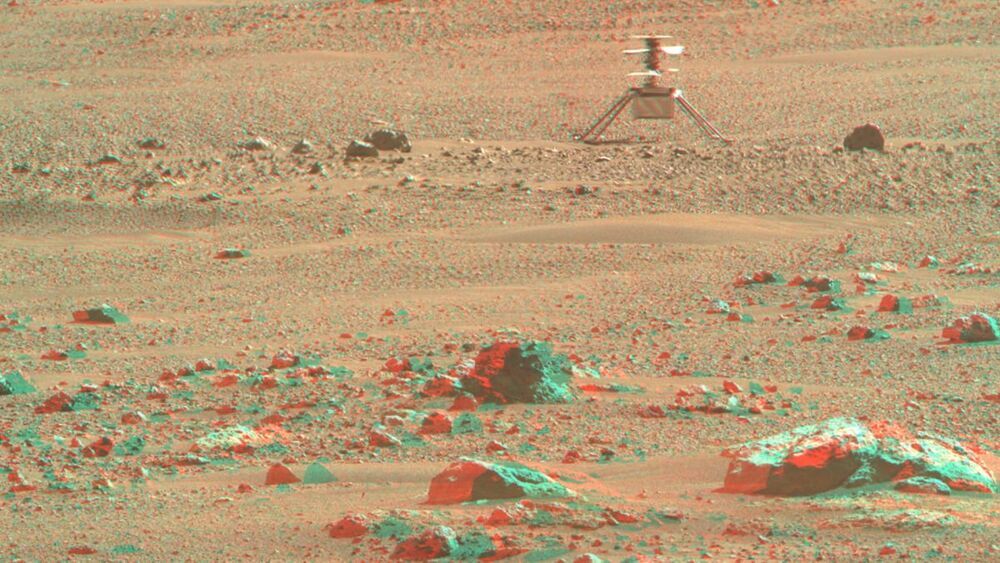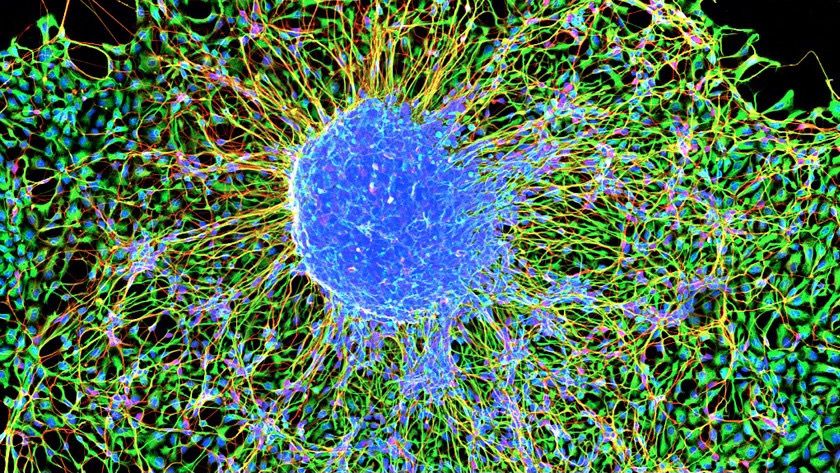SpaceX is hoping to attempt to fly its in-development spacecraft Starship to orbit for the first time in July, according to company president Gwynne Shotwell shared the timeline at the International Space Development conference during a virtual speaking engagement.
Starship has been in development for the past several years, and it has been making shorter test flights, but remaining within Earth’s atmosphere, since last year. Its most recent flight also included its first fully successful landing, which is a key ingredient in the development of the Starship launch system, which is designed to be SpaceX’s first that is fully reusable.
July (aka next month) is an ambitious timeline for making the first orbital flight attempt of Starship, but in May SpaceX filed its planned course for the flight, which would lift off from the company’s Starship development site in south Texas near Brownsville (known as ‘Starbase’) and then eventually return to Earth with a splash down in the Pacific Ocean somewhere off the cost of Hawaii.





